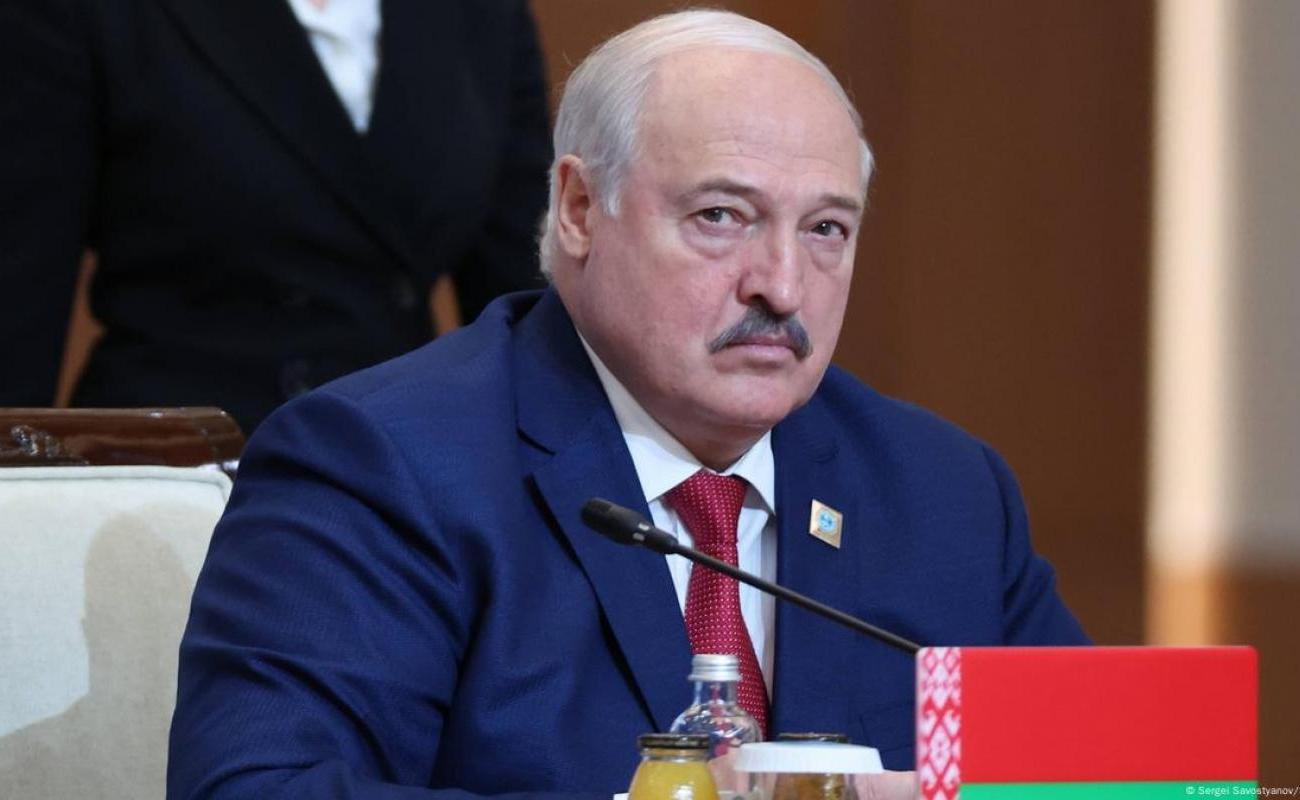What can Ukraine expect from Lukashenka's new mandate

"Lukashenko generally does not change much in his assessments and explanations... except in the direction of exaggerating and citing "terrible" examples"
The President of Belarus, Alexander Lukashenko, is going to the elections, if that is what the current reality in Belarus can be called. He announced this in an interview for a Russian TV channel. It is obvious that the seventh time will be a "winner".
Perhaps the already known results of the elections in Belarus would have referred exclusively to Belarusian society, if Belarus had not become an accomplice of Russia's armed aggression against Ukraine and had not created a migration crisis on the borders with the EU. During his current mandate, Belarus, which was considered a more or less neutral country in the center of Europe, became a source of threats, primarily to its neighbors, a co-aggressor country, a country from whose territory nuclear weapons threaten, a country with a hard-to-predict and highly dependent foreign policy, completely dependent on the whims of the Kremlin.
What can be expected in relation to a certain victory of Lukashenka in the elections, especially in Ukraine, can be understood a little from another interview, which he gave to BBC correspondent Steve Rosenberg, commenting on and presenting his position on the Russian-Ukrainian war. I don't like to quote, but “I'm still involved in this conflict. And it can be said that I am not involved at all"... However, it is very similar to Putin's "we haven't started yet".
Even more interesting were his explanations regarding Russia's attack on Ukraine from the territory of Belarus in February 2022. Well, Russian troops were returning home from exercises in the south of Belarus, and then one time... and they returned to Kiev. But that somehow does not explain why rockets and bombs flew into Ukrainian territory from Belarusian airports at the same time and why this invasion lasted more than a month. Although it is not, as Lukashenko explains and adds "ask Zelensky" (???). Normal. Since I was in Minsk at the time, I remember the "bleating of lambs" (or their silence) with which the diplomats and officials there explained the obvious fact of Russian aggression and the support of the Belarusian authorities to the aggression.
At least until their helmsman comes up with the appropriate theses... which he continues to use in such interviews. Lukashenko, I think everyone has noticed, generally does not change much in his assessments and explanations (which were "pushed" into his head by the KGB and the SVR), except in the direction of incitement and citing "terrible" examples. Yes, when asked by Rosenberg why he did not side with Ukraine, he once again uttered such nonsense that everyone else was surprised... Sanctions, seizure of wagons, seizure of cars with drivers (whom he supposedly freed after conducting special operations) are cited as a reason etc. "The murdered Belarusians, whose bodies were apparently "dismembered so that we would not understand how they died". All these misconceptions have been commented on several times, but should be briefly repeated.
Ukraine imposed the first sanctions on Belarus in response to its complicity in Russian aggression only in November 2022 (apparently the Ukrainians were hoping for something), "cars" and "drivers" happened after the beginning of the aggression and, in this context, it probably became justified reaction of the
Ukrainian side "until better times". The "liberation" operation was a banal use of the situation with the exchange of Ukrainian drivers returning from Russia via Brest for Russian drivers going to Russia. Belarus asked to add its drivers (they planned to be released later anyway) to the Russian lists.
But the most interesting thing in the "explanations" is the increase in the number of Belarusians who are "dismembered". In the previous interviews, I remember, it was around two, and now around five.
What will be next? First of all, what can not only Belarusians, but also Ukrainians and other countries of the region expect from Alexander Lukashenko staying in power for the next five years.
